Everybody wants a piece of the pie – the Pi Network, that is. This decentralized cryptocurrency project, which was developed by a team of Stanford graduates in 2019, allows users to mine crypto on their very smartphones.
The objective of the mobile-first concept is to make crypto more accessible and appealing to the masses, especially a broader audience that is new to the blockchain world.
While the idea to democratize currency sounds exciting, how do you go about doing that? Are you eligible? Are there any risks? What do you do with your Pi coins? This article attempts to answer every question you have about this hot topic, and then some.
What is the Pi Network “Mainnet” we keep hearing about?
The Pi Network is a cryptocurrency project that allows users like you to mine digital currency via a smartphone app. Mainnet, which stands for “Main Network”, basically facilitates real cryptocurrency transactions. It enables users to store, receive, and send digital assets on a decentralized and secure network. The launch of the Pi Network Mainnet, which will facilitate transactions on the Pi Network, is expected to happen by the end of 2024, hence the anticipation.

What is the difference between Pi coins, tokens, and IOUs?
The Pi Network has garnered a substantial user base around the world, aptly called “Pioneers”, who have been accumulating “Pi coins” by engaging with the app. These “Pi coins” are the actual digital network currency that is not yet fully accessible or transferable as the Mainnet has not launched. Due to such strong interest in the network, Pi IOUs, often used interchangeably with Pi tokens or Pi IOU tokens, emerged as a more generic representation of the currency.
They are not real Pi coins, but rather speculative or placeholder assets representing a promise by certain exchanges that when the Mainnet launches, they can be swapped for actual Pi coins. Essentially, users are speculating on the future value of Pi before it is officially available, operating as a futures contract of sorts.
So, how do I get the Pi coins or Pi IOU tokens?
The only way to obtain Pi coins is to “mine” them via the Pi Network app on your smartphone and actively participate in the network during this development stage. The app is free to download and use. So, while there are no costs involved per se, the coins cannot be exchanged for any other currency or commodity currently. Hence, the current “value” of any coins that one “mines” is zero.
However, you can buy and trade the Pi IOU tokens on three centralized crypto exchanges currently, namely CoinW, HTX, and BitMart, with the current value fluctuating wildly between USD 60 and 90 in just the last week.
Why am I hearing about KYC in the Pi Network?
When we speak about actively participating in the Pi Network’s current development phase, it involves more than just mining coins. If you want your coins to be worth anything when the Mainnet launches, you need to complete the Pi Network KYC (Know Your Customer) verification.
For obvious reasons, this process requires the applicant to fulfill certain criteria as well as produce a few legal documents. Besides being 18 years or older, applicants need to have original copies of government-issued IDs, like a national ID, driving license, or passport (recommended), as they will be asked to capture pictures of the ID. Moreover, they also need to do a liveliness check via their phone’s camera to match their ID.
Last but not least, they need to have mined Pi coins for a minimum of 30 days, not necessarily consecutively, to apply for this KYC verification. Most importantly, people should note that while the network is open to everyone, the availability, requirements, and eligibility could differ according to location or country. This KYC verification process will allow users to transfer their minted Pi Coins to the Mainnet and allow them to perform transactions using the Pi coins.
Is Pi IOU Worth the Investment?
With the imminent Mainnet launch, the prices of the Pi IOUs have skyrocketed, it presents itself as an exciting opportunity for sure – albeit without any actual coins in hand. However, while everyone is itching to get in on the action, investing in them comes with notable risks and remains highly speculative. Not only are the tokens not guaranteed to maintain or gain value post-launch, but also conversion policies could vary between exchanges.
What’s more, the Pi tokens are currently available only on select platforms, so investors need to stay updated on everything about the Pi Network and trade cautiously.
In case you missed:
- The Pi Network: IOUs, Coins, And The Network’s Future
- Everything you need to know about Pi Network
- The Pi Mainnet Launch – What It Heralds For The Pi Coin and Pioneers
- Here for the ‘Pi’: Pi Day 2 Updates for the Cryptocurrency
- Pi Day 2025: What Awaits The Pi Network on March 14th?
- A Beginner’s Guide to Cryptocurrency Trading in India – Part 2
- Should I Use An Anonymous Crypto Wallet?
- A Beginner’s Guide to Cryptocurrency Trading in India – Part 1
- Crypto Heists: How To Keep Your Cryptocurrency Safe?
- Let The Games Begin: All About Crypto Gaming

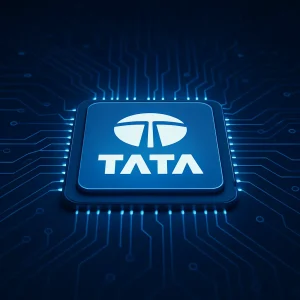

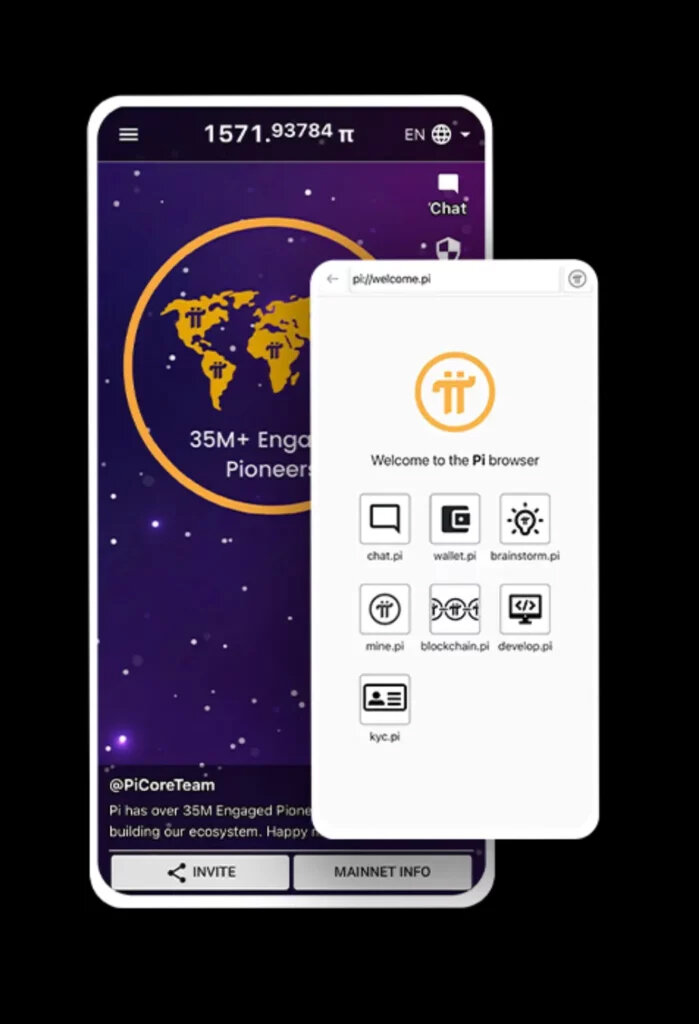
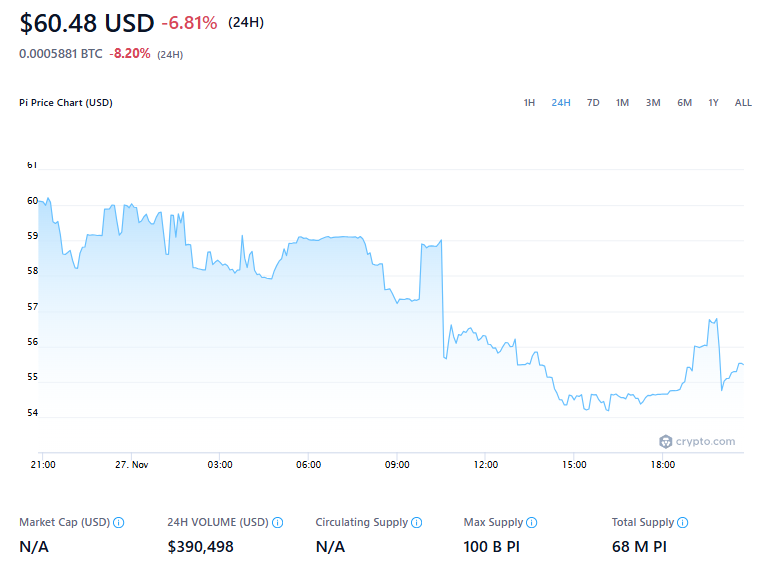

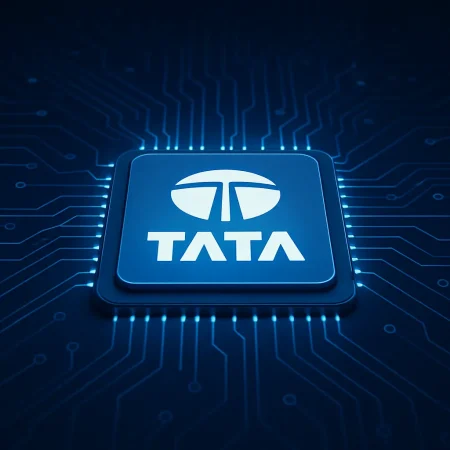



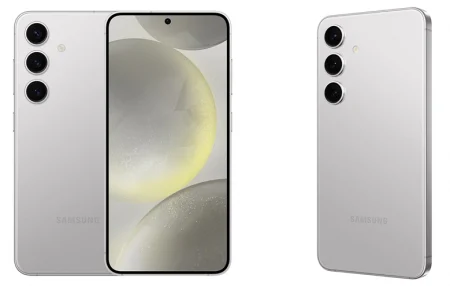
3 Comments
I want to know if there’ll be pi shops in Africa, Nigeria to be pricise where one can exchange pi coins for goods?
How is a decentralized coin based on a central government which declared you must KYC to keep have or mine coins that will exist,otherwise they will be mined by someone for no reason when they disappear.I thought decentral meant no central government,yet central to all the things Pi coin states about decentralization is the CORE TEAM,WHO DECIDED WHEN THEY LAUNCH A MAIN NET RUN BY THE CORE ,OR CENTRAL ,IS THIS NOT WHAT CORE MEANS ?CENTRAL ?SO KYC IS TO LET THE CENTRAL ,OR CORE ,TEAM ,GIVERNMENT ,KNOW YOU ,THE CUSTOMER,WHICH THEN CENTRALIZED A DECENTRAL LIE
hello, i have been mining Pi for close to 4 years now
is there any chance one could possibly exchange Pi over in ( Cameroon, Africa) my country?
if that be the case please kindly indicate where and when it can be possible.